O-1 Extraordinary Ability Visa
An O-1 visa is designed to allow foreign nationals at the very top of the arts, sciences, sports, education, business, motion picture or television industries entry into the United States for work for an initial period of up to three years. The O-1 may be extended indefinitely, provided the applicant remains qualified. One reason to consider an O-1 visa when possible is that essential assistants of the person with extraordinary ability can qualify for an O-2 visa, which allows them entry into the United States for work, as well. For example, a scientist might be able to obtain an O-2 visa for an essential lab assistant or a photographer may need an O-2 for their editor or assistant. This category is often used for more artistic fields that do not fit other professional visa categories such as the H-1B, TN, or E-3.
An O-1A visa is for individuals in business, education, sciences or athletics. An O-1B visa is for individuals in the arts, motion pictures or television.
General O-1 Visa Qualifications
To qualify for an O-1 visa, the applicant must be able to demonstrate that he or she has received sustained acclaim either nationally or internationally and is seeking entry into the United States to work in the same field for which the acclaim was achieved. In the sciences, business, education and athletic fields, this means that the person can demonstrate that he or she is at the very top of the profession. In the arts, the person must have achieved distinction, which means he or she is a leading figure or person of renown in the field. Applicants for an O-1 visa for television or motion pictures must be able to show that they are leading or notable persons in the field.
Evidence Requirements for an O-1A Visa (click for a downloadable O-1A Criteria Sheet)
Applicants for an O-1A visa must show that they have received a major award in their fields, such as a Nobel Prize. In the absence of such an award, an applicant must provide evidence of at least three of the following:
Awards or prizes for excellence in the field
Membership in related associations that require outstanding achievements to join
Published articles about the applicant and the applicant’s work in the field
Significant and original contributions to the field
Articles the applicant has authored that have been published in scholarly journals
A salary that indicates the applicant has extraordinary ability
Evidence that the applicant has been on a panel that judges others in the field or has done so individually
That the applicant has been employed by a distinguished organization or establishment in an essential capacity
Evidence Requirements for an O-1B visa (click for a downloadable O-1B Criteria Sheet)
For an O-1B visa, applicants must have won a major award, such as an Oscar, Emmy, or Grammy, or show evidence of at least three of the following:
Evidence of past or future performances in a leading role or as a star participant in distinguished events or productions
National or International recognition for past achievements
Evidence of past or future performances as a lead or star participant for distinguished organizations or establishments
Evidence of significant commercial success or critical recognition
Recognition from critics, experts or government agencies for achievements in the field
Evidence of receiving compensation for work that demonstrates an extraordinary ability as compared to the compensation received by others in the field
Because there is a huge variety of possible documents that could qualify for evidence for either visa subcategory, it is extremely important to seek the help of a qualified O-1 visa lawyer. Your lawyer will use his or her past experience with successful O-1 visas to help determine what constitutes as sufficient evidence of extraordinary ability, and what evidence USCIS will accept. For instance, they do not accept multimedia such as USB drives or CDs with videos.
O-1 Visa Process
To apply for an O-1 visa, an employer or agent must file form I-129 along with a written advisory opinion from an industry peer group or labor union that applies to your industry. If an O-1 Visa is sought for someone in motion pictures or television a written advisory opinion must be obtained from a management organization and an appropriate labor union. A copy of the contract between the employer and the O-1 visa beneficiary must be filed. If the contract is oral, a summation of the terms must be filed.
An itinerary of positions must be filed including an explanation of the nature of events the visa beneficiary will participate in and their beginning and ending dates. Once the petition is filed with all the information and documents, USCIS will make a decision on the application. Premium Processing is available for this visa category.
O-1 Visa Sponsor/Petitoner
There are two types of O-1 visa sponsors–an agent or an employer. An employer, as you may assume, is a company or person that the applicant will be working or providing services to. An agent is hired in order to represent the applicant’s skills and find them suitable work. Depending on the nature of the applicant’s industry, sometimes an agent is more beneficial, such as in the arts when an individual will be working for several organizations over the three year period.
There are three important components a sponsor will need to provide on behalf of the applicant and they are as follows:
Information such as name, address, tax ID number, gross income, net income, number of employees, etc.
A signed petition request work status for the individual
Good faith to work with them in the manner suggested.

